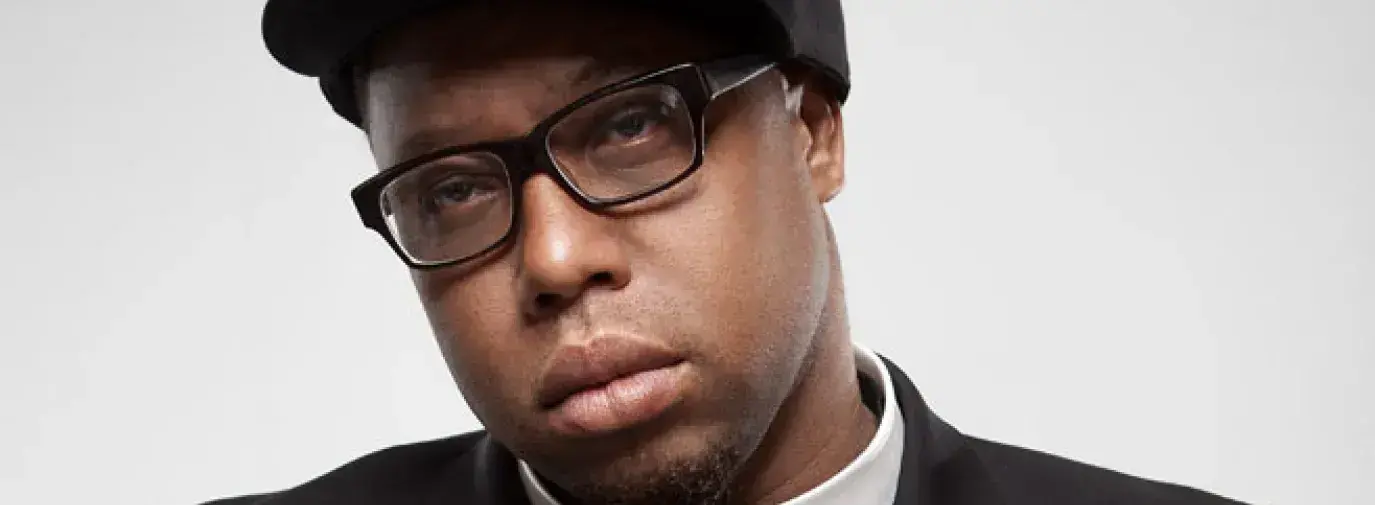
“This year is the 150th anniversary of the Emancipation Proclamation, and we’re celebrating that from the standpoint that slavery was an institution, just like Big Oil, that we were able to get rid of. It took a lot, but we were able to get rid of that."
The Reverend Lennox Yearwood is the president of the Hip Hop Caucus, and works to empower young people to become active in elections and policy. He regularly speaks about the history of the apartheid battle and the strength of the moral argument against fossil fuel companies.
Header photo via Hip Hop Caucus
Green America/Martha van Gelder: You recently called on historically black colleges and universities to lead the fight against climate change. What kind of response have you gotten since then?
The Rev. Lennox Yearwood:We have begun to get a good response. The most important thing is that the climate movement has moved from playing defense to playing offense. We are really making a number of black colleges aware of this campaign so that they understand the importance of the role that communities of color have played in the world of divestment, and also in regards to the climate movement.
It's a process, though. Communities of color have a number of issues that they're dealing with—education, healthcare, poverty. So the problem is that sometimes the climate component, while it's definitely on their radar, is sometimes seen as, "Hey, if we're not surviving in our communities, it's not going to matter what's happening to this planet down the road.”
And so, we first have to get them to understand the magnitude of the problem. They need to understand that while there is clearly a need to address poverty and education and issues of imbalance, if we don't correct the situation involving our planet, all those problems will cease to exist.
Also, Big Oil has a lot of resources, a lot of money. So what they've done in some cases is give institutions that are hurting a little bit of money. But we’ve begun to have these conversations.
Green America/Martha: Why do you focus so much on empowering students in your work?
Yearwood: Personally, I think the students are going to be a driving force in this campaign. Student populations are excited about it, and I guess that's true across all the schools. It doesn't matter if you're at a traditional college or a historically black college.
I think that there's a lot of excitement around issues ranging from environmental justice issues dealing with air quality and health concerns, to the basics of recognizing issues of utility bills and the magnitude of how that can have an impact.
I think that there’s an idealistic viewpoint that this world can be something better. I think there’s a hope, there’s an energy. But most importantly, for students everywhere, it’s about their future.
We’re already seeing climate change clearly, even now. From the horrific cold in China to the terrible firestorms in Australia to the droughts here in this country. The economic disaster from climate change has already arrived in this country, and it is quite a tremendous problem.
We’re having too many people being put into coffins simply because we’re not willing to get off of our dependency and our addiction to fossil fuels. That must change. I think students get that, they understand that. They want a world that’s better.
This year is the 150th anniversary of the Emancipation Proclamation, and we’re celebrating that from the standpoint that slavery was an institution, just like Big Oil, that we were able to get rid of. It took a lot, but we were able to get rid of that.
This year marks the 50th anniversary of the March on Washington for jobs and justice, where Dr. King gave his I Have a Dream speech. Young people have always been at the core of every single movement that has created change in this country, and it cannot stop now. They must again pick up the mantle for the largest challenge that our world has ever seen.







